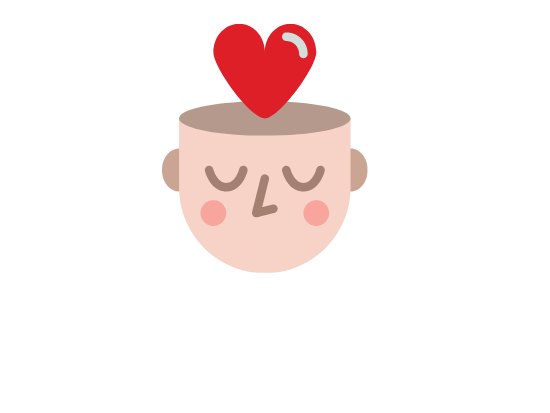Mindfulness Programmes
For ages 3 - 16The programmes
There are 3 programmes for children aged between 3 and 16 years old.
A four-week programme for children aged 3 – 6
A six-week programme for children aged 7 – 11
A six-week programme for young people aged 12 – 16
All three programmes have been developed specifically for children and young people, appropriate for the different age ranges.
The key components fo rhe programmes include:
- Learning and encouraging awareness of our inner and outer world
- How to use mindfulness in our daily lives
- Learning to control or lessen impulsive/automatic responses
- Learning how to utilise mindful responses to stress
- Replacing unhelpful thinking processes
- Learning to love yourself
See the navigation tabs below for more information you can read and also download.
The benefits
Mindfulness training can help young people improve their self-esteem and emotional regulation. Through learning to have greater awareness of thoughts and emotions, it’s possible for children to exercise greater control without getting overwhelmed. Learning to explore ‘how I’m feeling’ with greater calmness and curiosity helps stop stress levels rising beyond the point of ability to cope.
Mindfulness training can provide children with ways to improve their skills in relation to:
- Connecting with peers
- Pausing
- Being aware
- Being in the here and now
- Letting things be
- Determining a strategy
- Being and responding calmly
- Attuning to others

The way mindfulness is taught depends on the individual child
Having fun is all part of learning
Holding a child’s attention long enough to teach them anything can sometimes be a struggle. When teaching mindfulness to children the focus is on having fun and presenting mindfulness exercises in an engaging way with the help of simple props that you can easily make at home.
If children don’t want to engage with sessions delivered remotely there are options available for working outdoors. Spending time in nature is great for relaxation and stress reduction.
A few statistics
Did you know?
Mental health problems affect about 1 in 10 children and young people. Anxiety, leading to depression and behavioural issues, are often a direct response to what is happening, or has happened in their lives.
According to the Mental Health Foundation, 70% of young people under the age of 18 who experience a mental health problem will not have had appropriate interventions at a sufficiently early age.
However, the good news is that studies of young people under 18 who have learned mindfulness awareness techniques demonstrate higher levels of emotional control, optimism, and empathy. Improvments in memory, planning and organisation have also shown to be greater than those who’ve not learned anything about mindfulness.
Studies of children practising some kind of mindful awareness techniques have shown
- Reduced behaviour problems and aggression
- Improvement in ability to maintain attention.
- Improvement in memory, planning and organisation
Regular Mindfulness practise can deliver significant benefits to children and young people.

Time to pause…… and relax
The teacher
Susan Collini has worked in mainstream education with children from 5 – 16, with a focus on special needs. Susan is also a qualified Hypno-Psychotherapist, Mindfulness Teacher, Forest School Leader and Social Forester.
Generally, with children, Susan prefers to meet face to face and often utilises the setting of a beautiful, tranquil ancient woodland setting in East Northants, as opposed to her practice room in Raunds.
Susan believes strongly in the power of nature to relax, calm and rebalance children, in a timescale that is much less than when running sessions within four walls. Nature can help children connect with something inside that makes them feel better in themsleves. When a child feels calmer and safer in themselves then the real work of helping them overcome issues, such an anxiety or lack of confidence and self esteem, can begin. ,
Children can learn to be more mindful without the ‘M’ word being mentioned. Noticing things in nature is the first step to noticing more about what’s going on with themselves and is the important step they need to take to harness the power of mindfulness and how it can be of benefit in their life. Read a case study of the effect of nature connection on a child.
Would you like to have a no-obligation chat to see if mindfulness might be helpful for your child?
Learning mindfulness helps:
- Improve sleep
- Strengthen self-control
- Lower anxiety and stress levels
- Improve focus
- Increase positive moods
- Boost self esteem
- Inform better decision making
- Improve health and body image attitudes
- Improve social skills and communication
- Improve health and body image
- Boost academic performance
